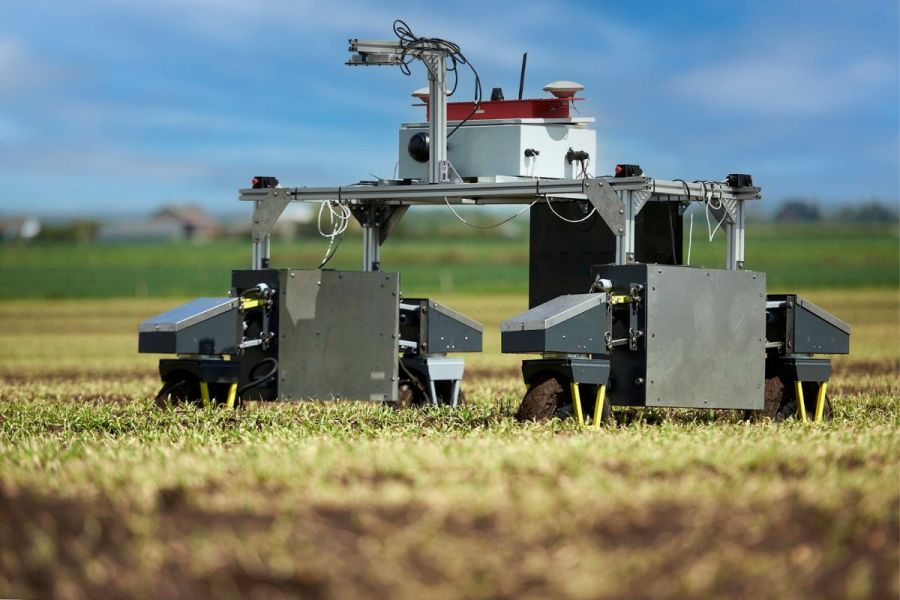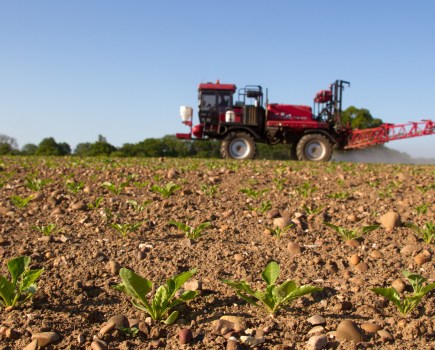UK testing of ground-sensing potato performance technology, TuberScan, is now underway in Lincolnshire.
The system, developed by agri-tech business B-hive Innovations and partners, involves a bespoke ground penetrating radar (GPR) system, GPS units, and in-field and remote sensors. This is then backed by computer vision and AI, to provide detailed information on potato crop growth characteristics and performance.
Project manager, Effie Warwick-John, explains the system also detects where each potato has been planted, to go beyond traditional sampling methods conducted by growers. “We’re looking to collect as many findings as possible into crop performance, addressing the lack of clarity that growers currently contend with when trying to predict growth of their crops underground.”
International testing
Trials are also taking place in Mallorca, which Effie says aim to ensure the equipment is working accurately. “It allows us to determine which hardware choices are best suited to the start or end of the season as conditions change and foliage develops,” she says.
“This is because the project team can take advantage of the earlier growing season in Mallorca, acquiring data across three fields on the performance of the system, as well as doing trial digs, to compare machine learning accuracy against real world data.”
Maximising crop intelligence
Grower David Armstrong wants to learn as much about his produce as possible, which he believes is possible through using TuberScan. “Ensuring quality and yield size is crucial to help me make informed decisions around the growing process and understand the marketable yield.
“It’s exciting to see how modern methods of monitoring root crop performance could soon become the norm and it’s imperative that we keep waste to a minimum. From first-hand experience, we believe TuberScan can be a key component in achieving this.”
Future work
To conduct further assessments, B-hive has installed a polytunnel space to support TuberScan and other projects, allowing testing to continue when outdoor conditions are too wet. It’s also enabled the team to test TuberScan with different potato varieties as well different soil types, from which the machine learning technology can be trained.
“The system is continually evolving and beyond September we aim to be in a position to explore the commercial viability of a ground sensing product,” says Effie. “We’ve had great interest to date and hope that TuberScan continues to make a major contribution to eliminating food waste and addressing supply chain issues for the future,” she concludes.
The four-year Innovate UK-funded TuberScan project is a collaboration between B-hive, Branston, the University of Manchester and Harper Adams University.
For more articles like this, subscribe here.
Sign up for Crop Production Magazine’s FREE e-newsletter here.




